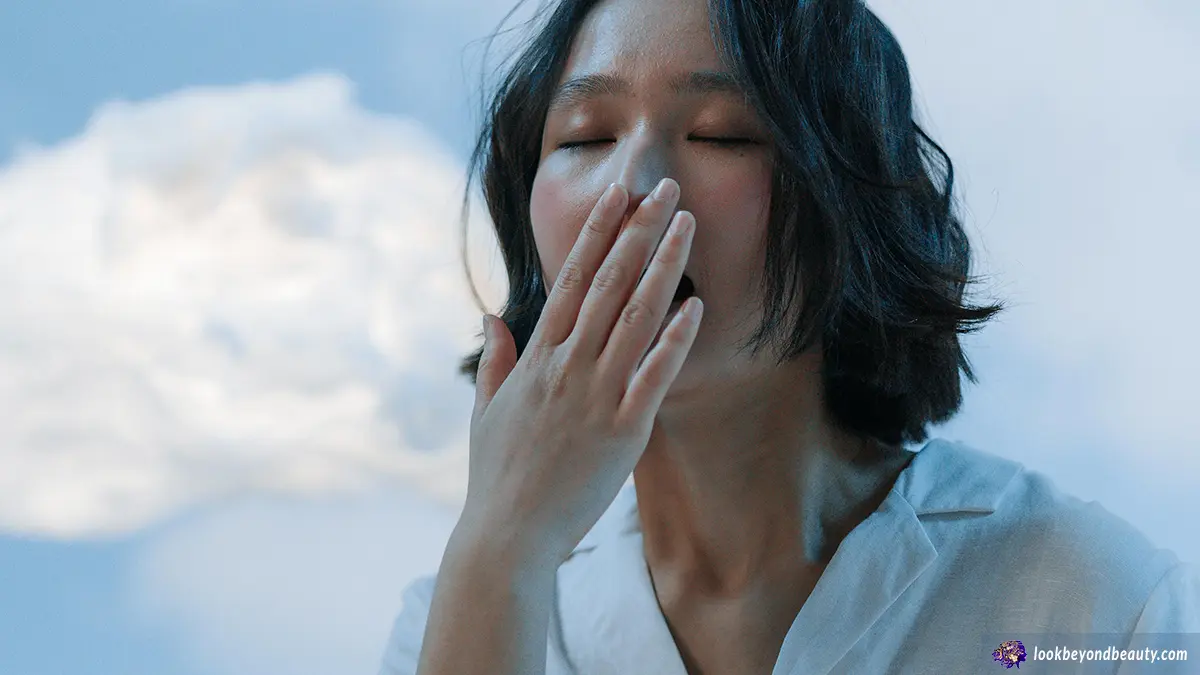Tried Everything and Still Not Sleeping Well? Here’s What Might Be Going On

You’ve turned off your phone, dimmed the lights, stopped drinking caffeine, and followed all the sleep hygiene tips yet you still can’t seem to rest. If that’s you, you’re not alone. According to the American Academy of Sleep Medicine, as many as 50 to 70 million Americans suffer from clinical sleep disorders. The truth is, sometimes sleeplessness goes beyond lifestyle. It also may point to a deeper imbalance in the body or mind that needs professional attention. In this article, we will explore causes of insomnia and other sleep disorders.
Causes of Insomnia and Other Sleep Disorders
When good habits aren’t enough like adjusting your bedtime routine, it may be time to look beneath the surface. Conditions like insomnia, sleep apnea, narcolepsy, or parasomnias (such as sleepwalking or vivid dream movements) can all interfere with deep, healing rest.
- Insomnia involves ongoing difficulty falling or staying asleep and can be triggered by stress, anxiety, or hormonal shifts.
- Sleep apnea causes pauses in breathing during sleep, leaving you tired and foggy even after a full night’s rest.
- Narcolepsy leads to sudden bouts of sleepiness that can disrupt daily life.
- Parasomnias such as sleepwalking or talking during dreams, occur when the brain is partially awake while the body is still asleep.
If you suspect a clinical sleep issue, talk to your healthcare provider. You may be asked to keep a sleep diary to track bedtime, naps, caffeine intake, exercise, and mood. Or referred to a sleep center for an overnight evaluation.
Understanding Gender Differences in Sleep
Causes of insomnia and other sleep problems are different for women and they occur more often in women than men. This is mostly due to hormonal changes during menstruation, pregnancy, or menopause.
Consequently, for women during menstruation, bloating and cramps. Disrupt rest for two to three nights. For pregnant women, there are increased trips to the bathroom and back discomfort, making falling asleep more challenging. And menopause causes night sweats and hot flashes which can break the sleep cycle.
Meanwhile, men are more likely to struggle with sleep apnea or frequent nighttime awakenings related to prostate issues.
Emotional and Physical Stressors
Changes in your lifestyle, schedule or environment can cause or raise your risk of insomnia. Both men and women experience sleep disruption linked to stress, depression, and anxiety. Stress activates cortisol and adrenaline, the same hormones that prepare your body for action, keeping your brain alert even when your body craves stillness.
Depression can change brain chemistry and reduce restorative sleep, while anxiety keeps your thoughts racing. Healing these roots requires more than pills or quick fixes; it requires restoring inner peace and balance.
The Inside-Out Connection
Sleep is a reflection of your inner environment. When your body and emotions are in harmony, your rest deepens. But when they’re not, even the best mattress won’t fix it. From an Inside Out Beauty™ perspective, sleep is a mirror of your internal wellness.
If your scalp feels inflamed or your skin is dull, it may be tied to stress or hormonal fatigue. Low mood or your energy dips could be signals from your body that it needs deeper restoration, not just relaxation.
In short, healing sleep begins when you listen inwardly. True rest isn’t just about closing your eyes; it’s also about creating internal peace so your body can safely let go.
When to Seek Help
If you consistently wake up exhausted or can’t fall asleep despite healthy routines, these could be causes of insomnia, other sleep disorders, or deeper health issues. In these cases, you should reach out to a licensed healthcare professional or sleep specialist.
Support may include sleep studies to uncover underlying disorders. Cognitive behavioral therapy to retrain sleep patterns, medication or natural supplements like melatonin. Therapies like stress-reduction such as journaling, counseling, or breathwork may also be recommended.
In Beauty & Wellness,
Marcey, Certified Health Coach & Trichologist
DISCLAIMER: The content in this blog is for informational purposes only. And not intended to diagnose, treat, cure, or prevent any medical condition or replace your healthcare professional’s advice and guidance. If you suspect a medical condition, please seek medical attention immediately.





